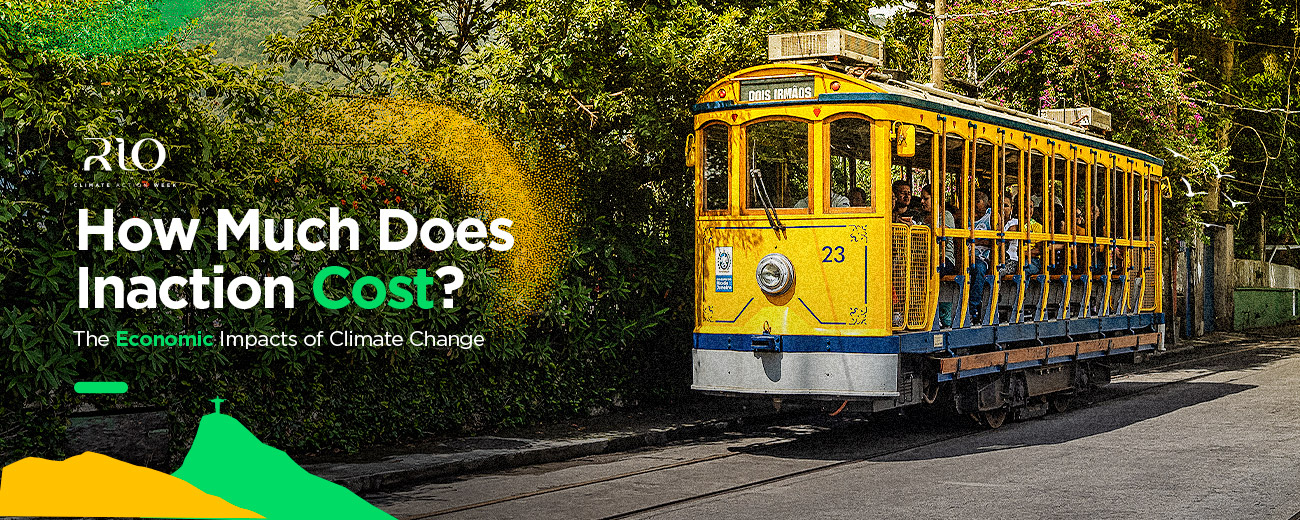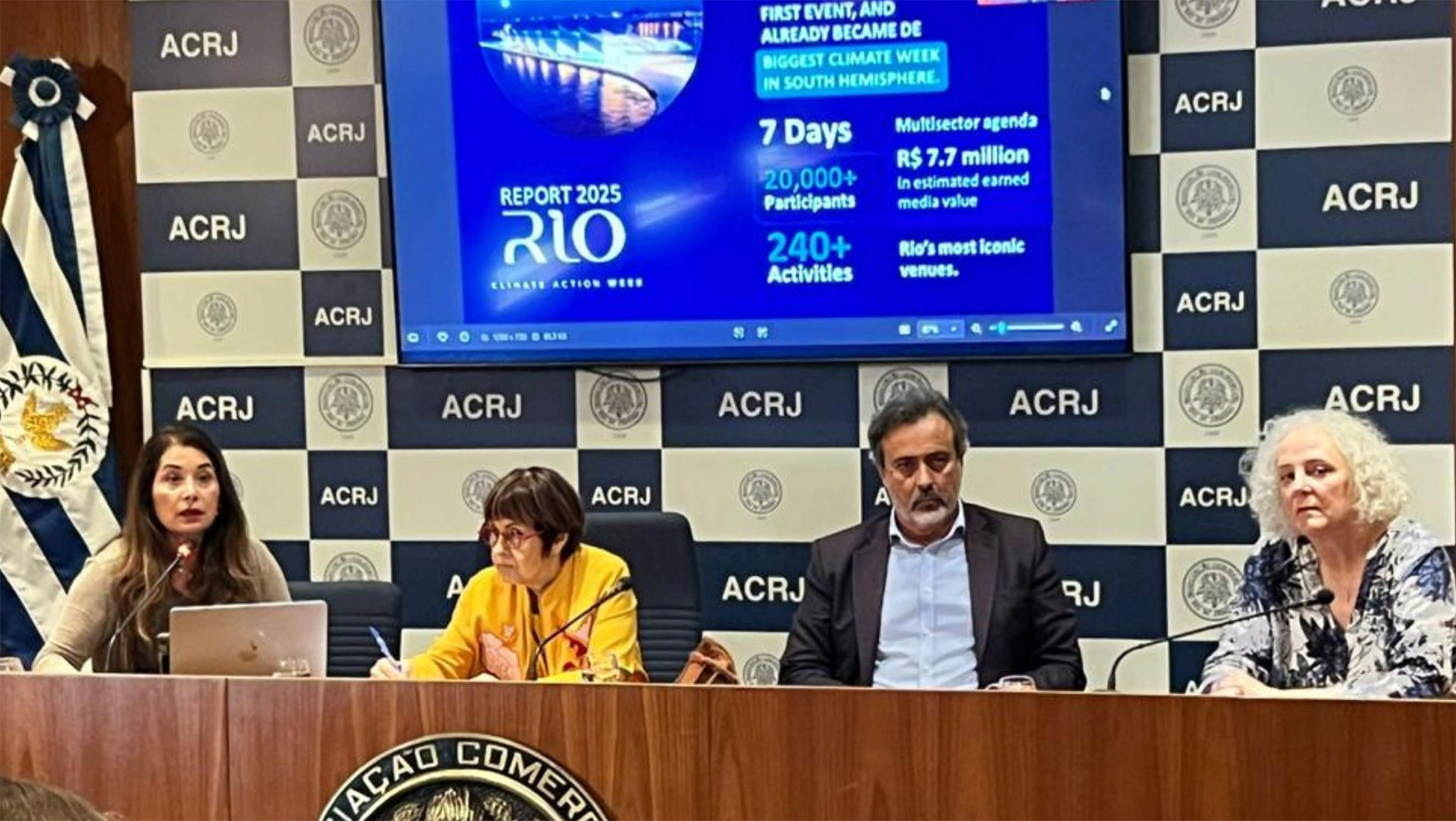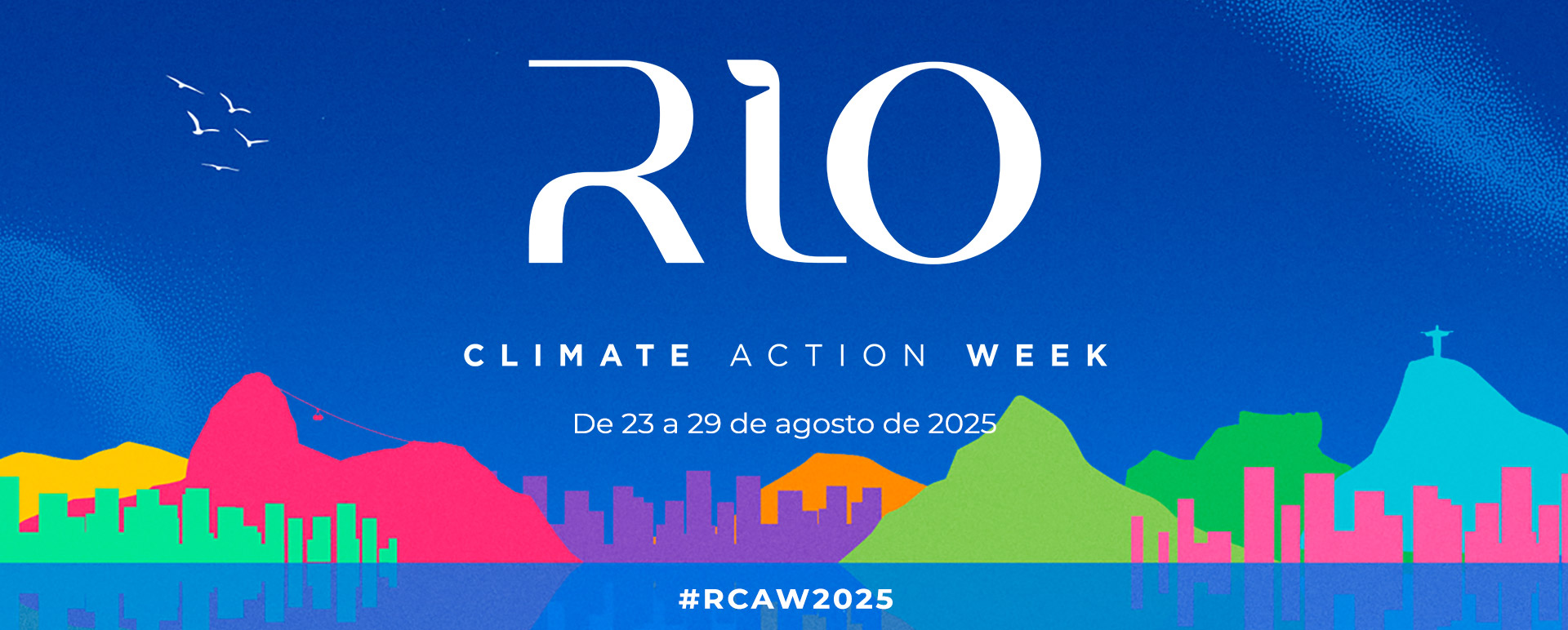The challenge of climate change emerges as one of the greatest economic and social dilemmas of our time. According to a new report prepared by the University of Cambridge in partnership with the Boston Consulting Group (BCG), the cost of acting today against global warming is drastically lower than the price to be paid if we remain inactive. It is no longer just a matter of protecting ecosystems or vulnerable minorities; it is about ensuring the very financial stability of the world for the coming decades. While the costs of inaction could cause the world to lose up to 27% of accumulated global GDP by 2100, the effort to mitigate and adapt would cost only between 1% and 2%. For every dollar invested now, up to ten dollars in future losses can be avoided, one of the most expressive returns ever projected for any investment, public or private.
The current scenario, however, reveals a worrying gap between discourse and practice. In 2021 and 2022, only 1% of global GDP was allocated to climate mitigation efforts, and less than 0.1% to adaptation initiatives. For the goals established by the Paris Agreement to be reached by 2050, it will be necessary to multiply investments in mitigation by nine and in adaptation by thirteen. The disparity between the urgency of the situation and the slowness of the responses is alarming. The calculations leave no room for doubt: the delay in taking action represents a billion-dollar loss for countries, companies, and families.
The economic consequences of this crisis are already being felt across various sectors. Labor productivity is falling due to temperature extremes, recurring agricultural losses are resulting from droughts, floods, or pests, and increasing damage to urban and rural infrastructure is putting more and more pressure on public and private coffers. Extreme events such as heatwaves, storms, and sudden changes in rainfall patterns destabilize financial markets, paralyze logistics chains, and reduce productive capacity. The uncertainty caused by these phenomena discourages investments, reduces national capital accumulation, and increases the volatility of credit, insurance, and commodity markets.
Brazil is among the global epicenters of climate vulnerability. It is projected that the country could lose up to 18% of its GDP by 2050 if current warming trends persist, ranking just behind the Middle East in this risk ranking. The Brazilian context is marked by a tropical economy highly dependent on agriculture, infrastructure that is still fragile in the face of extreme events, and profound social inequality that prevents vulnerable communities from protecting themselves or recovering efficiently after disasters. Furthermore, the country is among the emerging markets that invest the least in mitigation and adaptation, which further aggravates its future economic and social risks. Latin America as a whole, and Brazil in particular, have much to lose if global mobilization continues to fall short.
However, the Cambridge and BCG report does not merely sound an alarm: it points out real solutions that need to be implemented urgently. Investments in clean energy must become the foundation of a new productive matrix, capable of reducing greenhouse gas emissions and making economies more competitive. The development and modernization of climate-resilient infrastructure will allow cities and entire regions to survive and prosper in the face of droughts, floods, and other extreme phenomena. The productive sector must be transformed to operate with low carbon emissions, using innovation and technology to favor more regenerative processes. The preservation of biomes, reforestation, and the restoration of degraded areas are essential not only as environmental responsibility but also as an economic strategy. All of this will only be possible with expanded climate financing, especially for developing countries who, despite being more vulnerable, receive fewer international resources.
In this scenario, the Rio Climate Action Week emerges as a central space for mobilization and coordination. The event aims to promote meetings between leaders, companies, scientists, youth, and communities, fostering public debate, the dissemination of innovative solutions, and the construction of concrete pathways for a sustainable and resilient economy. It is a national call for responsibility and leadership. The focus also turns to COP 30, which will take place in Belém and represents a unique window of opportunity for Brazil to positively influence the global future. Now is the time to demand genuine commitments, robust resources, and transparent monitoring of progress, aligning public policies and the private sector to a forward-looking agenda.
The economic imperative for climate action is clear. Hesitating today could cost trillions tomorrow. By immediately investing in the transition to a sustainable development model, we not only protect our environment and health but also the value of work, companies, and the global economy. The choice is made: lead the change or pay the very high price of omission. The mobilization inspired by Rio Climate Action Week and COP 30 is not only necessary but urgent to ensure prosperity, justice, and resilience for all.






